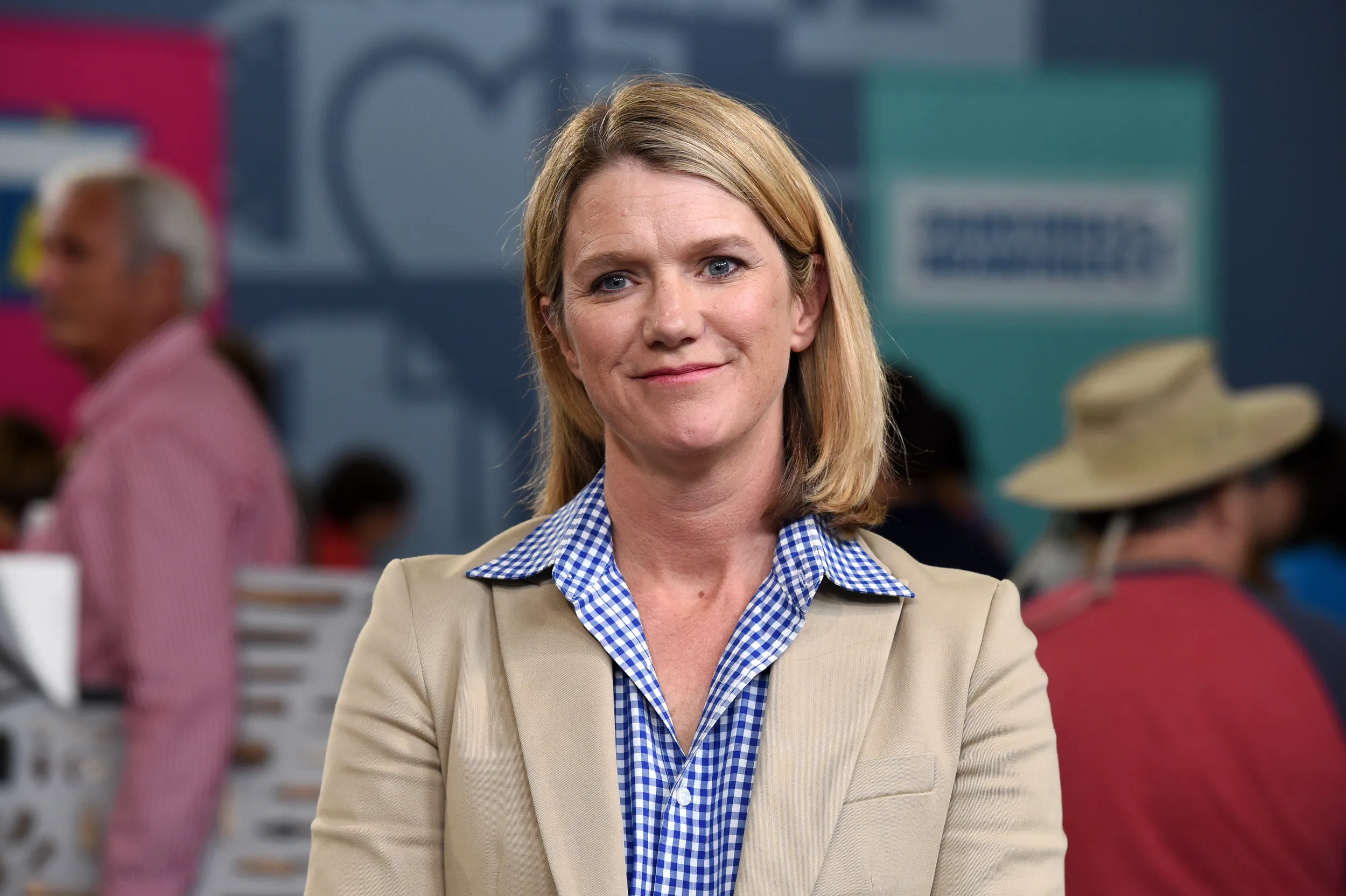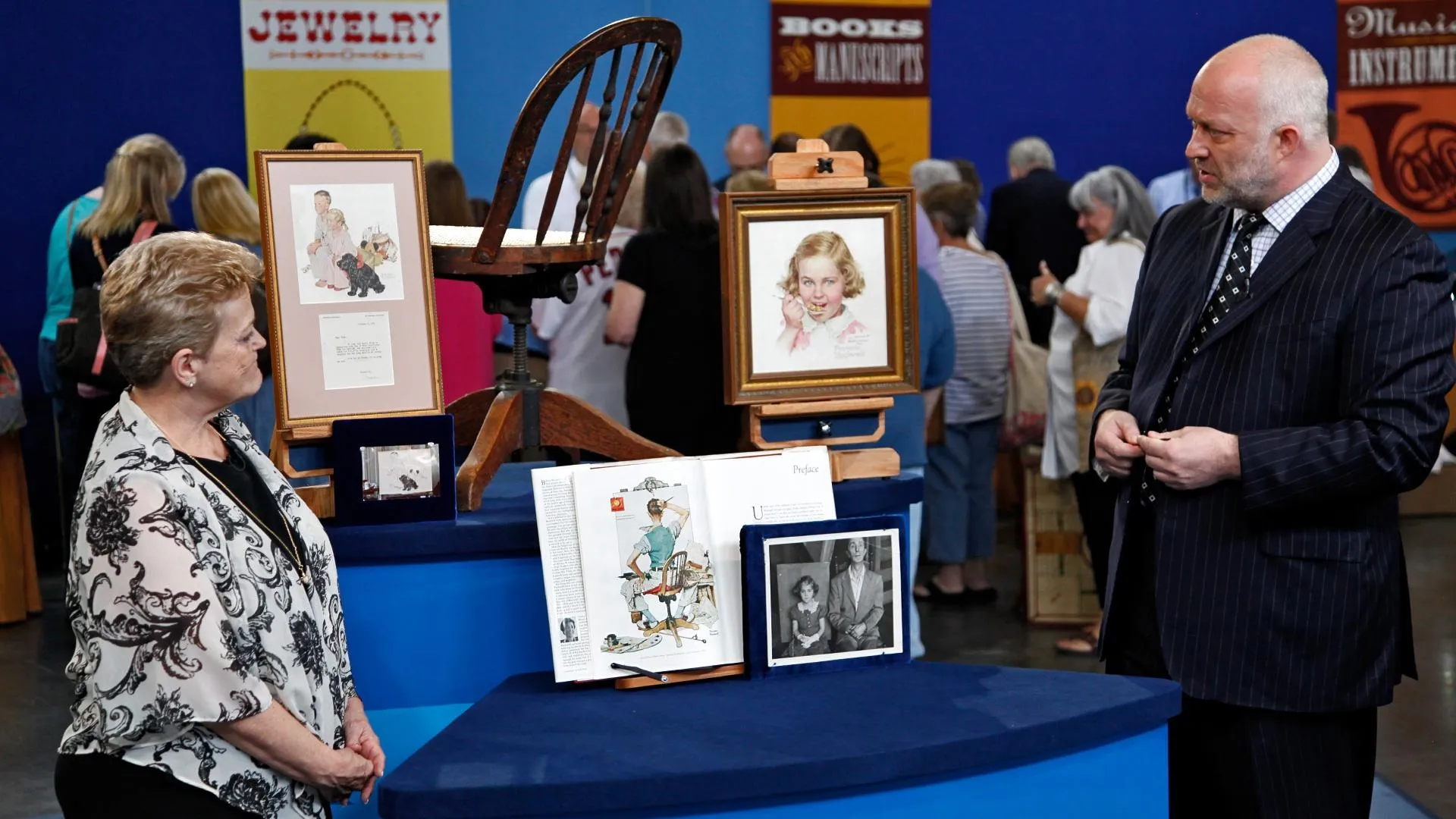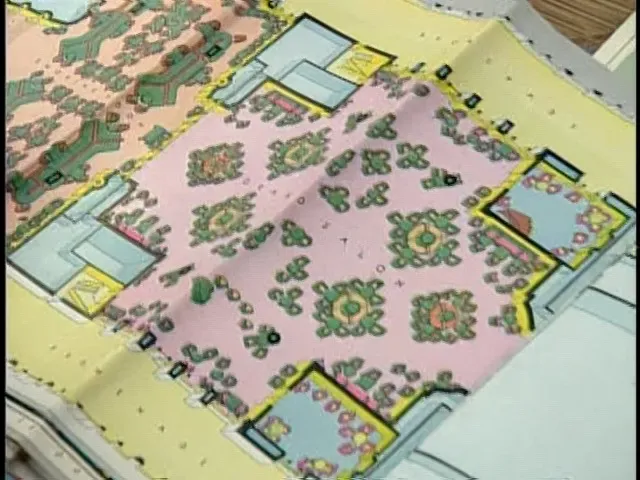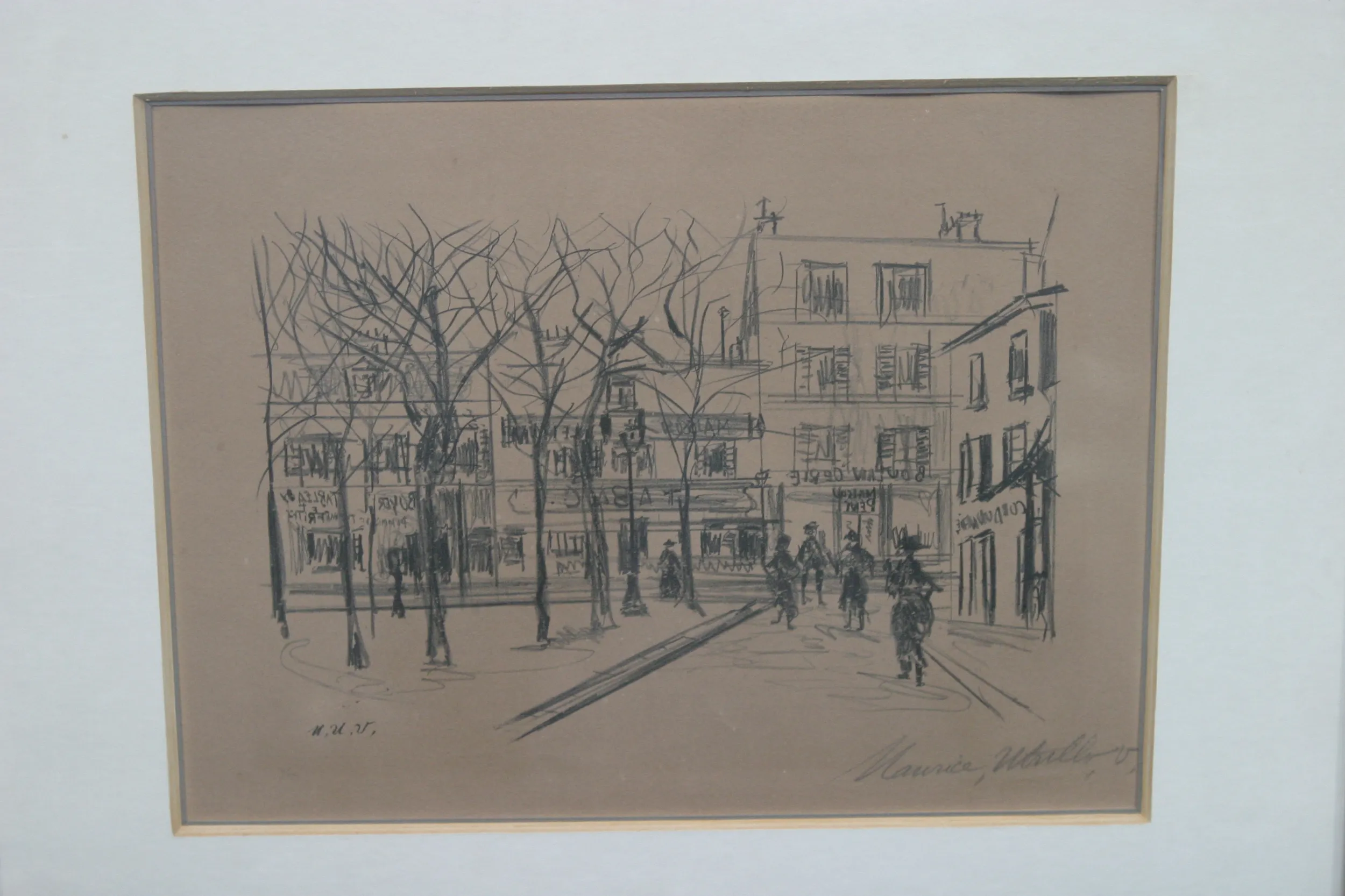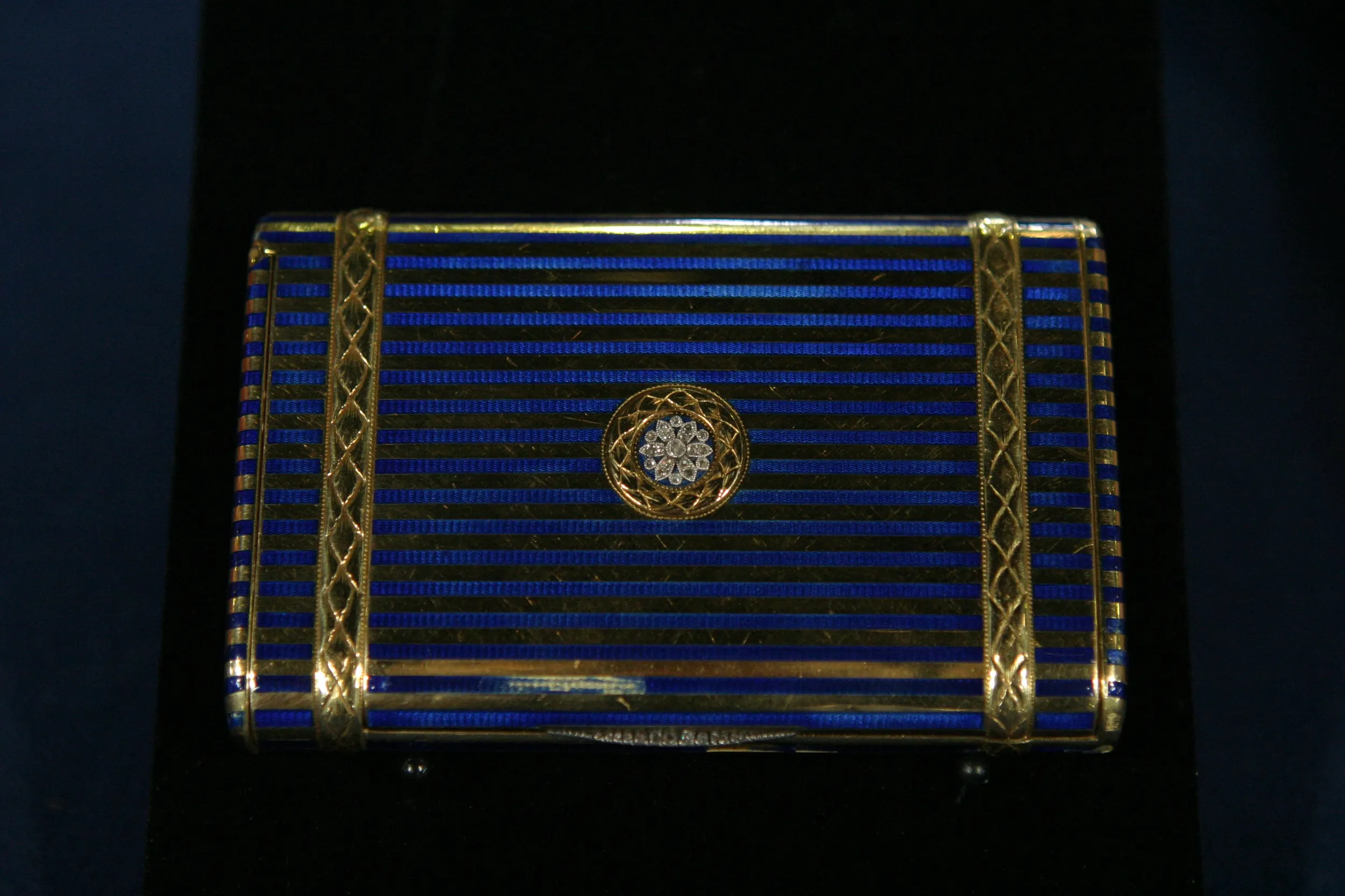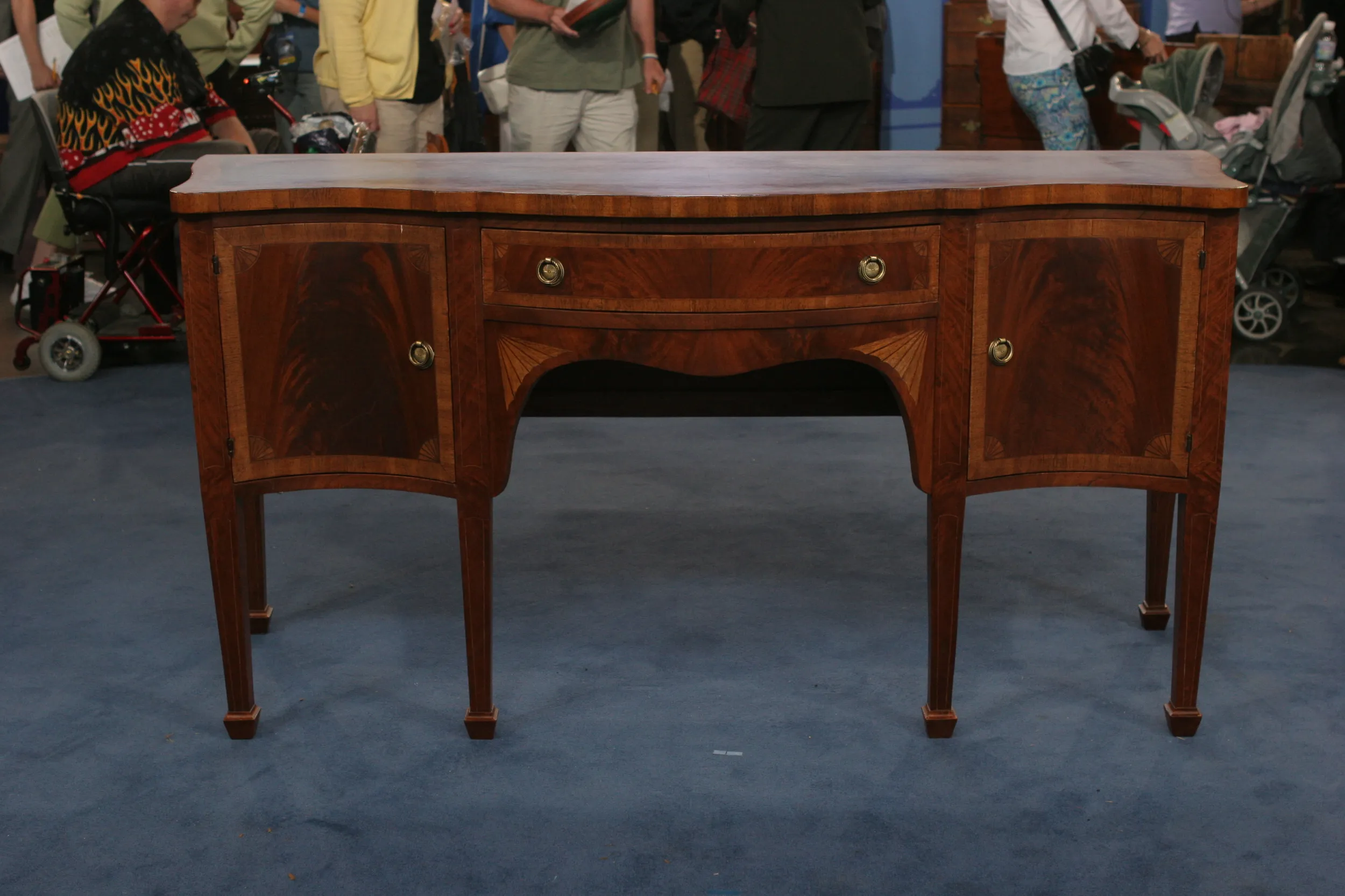GUEST: It's a collection of Eisenhower memorabilia. My mother worked for Kevin McCann, who was Eisenhower's special assistant and speechwriter. There's papers that she worked on while she was in the White House, speeches, letters to people, there's photographs.
APPRAISER: It's a really terrific collection of material. Kevin McCann, as you mentioned, was special assistant to the president. He actually had worked for Eisenhower for many years. He started working with him during World War II and then went with him to Columbia when he went there and joined the White House in '55. What I love about what you brought is that it is a speechwriter's archive, but it really shows us how the sausage was made. These first two documents here are in Eisenhower's hand. These are notes from Eisenhower to Kevin McCann regarding several speeches that he will be delivering throughout the year. And I believe these are from 1956. I can't quite be sure, but it appears to jive with speeches that he gave during that period. And he's very specific. He gives notes on the speech he wants written for television, another one that's being written for publishers, another one at Columbia University. And then he also has included some notes on things he would like incorporated in his speech, which is this second page over here. So this is sort of the command central, like these are the notes from the president on "what I want done." And then this document here and here too is for a speech that Eisenhower gave at the Carpenters' and Joiners' Union's 75th anniversary dinner. This is a reasonably early draft. These annotations are in Eisenhower's hand. Other figures mark it up as well. Probably Kevin McCann and probably one or two other eyes take a pass at it. What I love about this is that it reveals that Eisenhower is actually a pretty great copy editor, changing the text almost always for the better, tightening up the prose, tightening up the paragraphs. He's a really great copy editor. I would hire him. And if you can pair what we have on the page to what was actually spoken, you'll see how the speech goes from its first draft to the final draft. And being able to do that is really remarkable for an historian. You also have a couple of photographs of your mother on the steps of the White House, which is a nice personal touch. I would give this collection an auction value of $3,000 to $5,000 for the group.
GUEST: Oh, wow. That's great.
